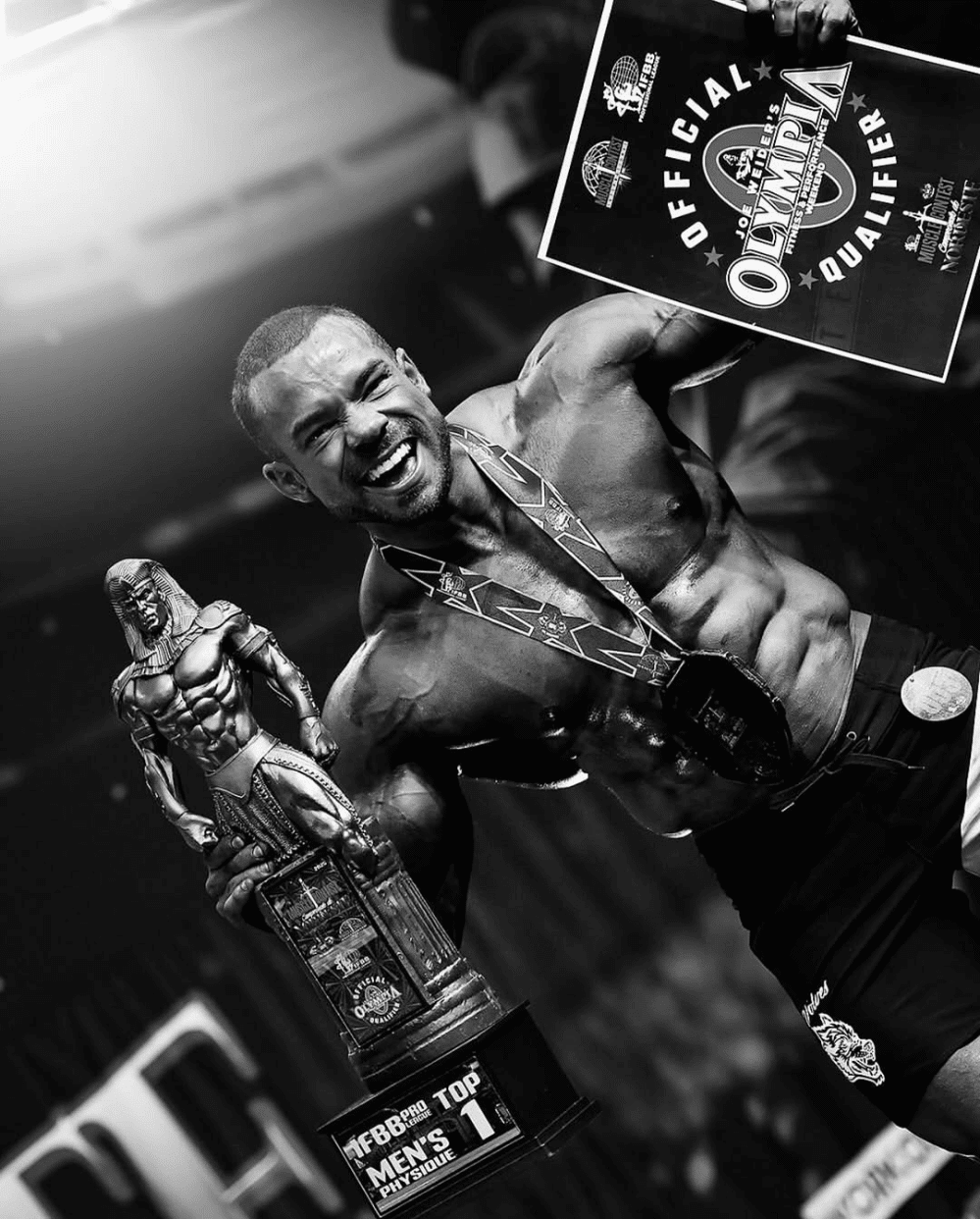Table of Contents
Every bite and calorie is crucial in the quest for muscle mass. The concept of “dirty calories” — calories from processed, sugary, or fatty foods — sparks a heated debate among fitness enthusiasts. So, should you be using dirty calories to build muscle? This comprehensive guide explores the impact of dirty calories on your fitness goals and how to strike a healthy balance.
Understanding Calories and Muscle Building
At its core, building muscle is an energy-consuming process. A caloric surplus fuels this growth by consuming more calories than you expend. However, not all calories contribute to muscle growth equally. The source of these calories can significantly influence your results and overall health.
The Lure of Dirty Calories
Dirty calories come from foods high in energy but low in nutritional value. Think of fast food, sweets, and processed snacks. They’re tempting for several reasons:
- Convenience: Pre-packaged and fast foods are readily available, making it easy to meet high-calorie demands.
- Taste Appeal: High sugar and fat content satisfy cravings, offering a psychological break from strict dieting.
- Quick Energy Source: These foods immediately boost energy energy before intense workouts.
- Palatability: The palatable nature of dirty calorie foods, often high in salt, sugar, and fat, makes them enjoyable to consume, contributing to their appeal.
- Social Norms: Dirty calorie foods are commonly consumed in social settings, such as gatherings, parties, and outings, making them socially acceptable choices.
- Emotional Comfort: For some individuals, indulging in dirty calorie foods provides emotional comfort and stress relief as a form of self-soothing or coping mechanism.
- Marketing Influence: Food companies’ aggressive marketing strategies promote dirty-calorie products, influencing consumer preferences and consumption patterns.
However, the appeal of dirty calories comes with several downsides.
The Drawbacks of Dirty Calories
While tempting, relying on dirty calories has its pitfalls:
- Nutritional Shortfalls: These foods often lack essential vitamins and minerals, compromising recovery and muscle repair.
- Health Risks: Long-term consumption increases the risk of chronic diseases like obesity, heart disease, and type 2 diabetes.
- Energy Fluctuations: The quick energy spike from sugary foods is followed by a crash, affecting your performance and mood.
- Inflammatory Response: Processed ingredients and unhealthy fats can trigger inflammation, delaying recovery and causing muscle soreness.
- Gut Health Disruption: Sugary foods may disrupt gut microbiota, leading to digestive issues and nutrient absorption problems.
- Weight Gain: Regular consumption contributes to unwanted weight gain, hindering fitness goals and overall health.
Balancing Your Diet for Optimal Muscle Growth
The key to incorporating dirty calories without derailing your health or fitness goals lies in moderation and balance:
- Prioritize Nutrient-Dense Foods: Focus on a diet rich in lean proteins, whole grains, healthy fats, and plenty of fruits and vegetables. These foods provide the building blocks for muscle and ensure you get the full spectrum of nutrients.
- Use Dirty Calories Strategically: Treat these foods as occasional treats rather than diet staples. A slice of pizza or a chocolate bar can be a reward for a week of hard training, but they shouldn’t replace nutritious meals.
- Monitor Your Body’s Response: Pay attention to how your body reacts to different foods. Some people can incorporate more dirty calories without negative effects, while others may find their energy levels and performance suffer.
- Customize Your Intake: Tailor your diet to your personal fitness goals and metabolic rate. High-calorie needs for bulking phases might allow for more leniency, while cutting phases will require a stricter approach.
Implementing a Balanced Approach
Building a diet that includes the occasional dirty calories while focusing on nutrition requires strategy and mindfulness. Here’s how to do it effectively:
- Plan Your Indulgences: Instead of impulsive decisions, plan your cheat meals. This anticipation makes the reward sweeter and keeps you disciplined throughout the week—timing matters. For instance, enjoying a cheat meal after a rigorous workout can minimize negative impacts.
- Opt for Healthier Alternatives: Cravings don’t always demand a full dive into junk food. Often, healthier options can satisfy your needs. Crave chocolate? Choose a piece of dark chocolate. Want something crunchy? Try air-popped popcorn instead of chips.
- Portion Control: Even when indulging, portion size is crucial. Small, satisfying portions can prevent calorie overload. Remember, moderation is key.
- Stay Active: While scouring the web with questions like “Should you be using dirty calories to build muscle?” ensure that your diet supports your activity level. More active days allow for more flexibility in your diet. On lighter days, stick to nutrient-dense foods to maintain balance.
- Listen to Your Body: Pay attention to how different foods affect you. If a certain indulgence leaves you feeling sluggish or bloated, it’s wise to avoid it. Your body’s reactions can guide your dietary choices.
- Stay Hydrated: Our bodies often confuse thirst with hunger. Drinking water regularly can prevent unnecessary snacking, especially on high-calorie foods. Moreover, staying hydrated aids digestion and helps flush out toxins.
- Focus on Whole Foods: Make whole, unprocessed foods the cornerstone of your diet. They provide essential nutrients for muscle growth and overall health. Fruits, vegetables, lean proteins, and whole grains should fill most of your plate.
- Educate Yourself: Understanding the nutritional value of foods can empower your choices. Knowledge about what fuels your body and what depletes it can transform your approach to eating.
- Seek Professional Advice: If you struggle to balance, consider consulting a dietitian. A professional can offer personalized advice tailored to your specific needs and goals.
- Practice Mindful Eating: Take the time to enjoy your food. Eating slowly and without distractions can enhance satisfaction and help regulate appetite.
The Role of Supplements and Hydration
While searching for the right answer, should you be using dirty calories to build muscle? Incorporating supplements and ensuring proper hydration are key components of a balanced nutrition and muscle-building approach. Here’s how to navigate these aspects effectively:
- Supplements as Support, Not Substitutes: View supplements as complements to your diet, not replacements for real food. Protein powders, for instance, can help meet your daily protein requirements but shouldn’t overshadow protein-rich foods like chicken, fish, beans, and legumes.
- Choose Wisely: Not all supplements are created equal. Opt for high-quality, research-backed options. Reading labels and avoiding products with unnecessary fillers or artificial additives is crucial. If in doubt, consult a healthcare professional to guide your choices.
- Hydration is Key: Water does more than quench your thirst; it’s essential for muscle function and recovery. Aim to drink at least 8-10 glasses of water a day, more if you’re active or live in a hot climate. Staying hydrated ensures optimal performance and aids in nutrient transport throughout your body.
- Timing Matters with Supplements: Some supplements are more effective when taken at specific times. For example, taking whey protein post-workout can enhance muscle recovery and growth, while BCAAs (Branched-Chain Amino Acids) during workouts may help decrease muscle fatigue.
- Electrolytes for Recovery: Replenishing electrolytes is as important as rehydrating after intense workouts. Electrolytes like sodium, potassium, and magnesium help regulate muscle function and fluid balance. Consider a balanced electrolyte drink or natural sources like bananas and coconut water.
- Listen to Your Body: Supplements and hydration needs vary greatly depending on your activity level, body size, and climate. Pay attention to signs of dehydration (like dark urine or fatigue) and adjust your intake accordingly.
- Omega-3s for Inflammation: Omega-3 supplements can play a crucial role in reducing inflammation and supporting heart health. Foods like salmon and flaxseeds are great sources, but a high-quality omega-3 supplement can ensure you get enough of these essential fatty acids.
Parting Words!
In the end, building muscle is more than hitting calorie targets; it’s about fueling your body with the right nutrients to support growth, recovery, and overall health. Let’s revert to the question: should you be using dirty calories to build muscle? While dirty calories can fit into a balanced diet, they should be the exception, not the rule.
By focusing on nutrient-dense foods and treating treats as just that—treats—you can enjoy a varied diet that supports your muscle-building journey and long-term health.
Remember, the best diet is sustainable, enjoyable, and aligned with your fitness goals. You can achieve your desired physique through careful planning and mindful eating without sacrificing your health or happiness.







